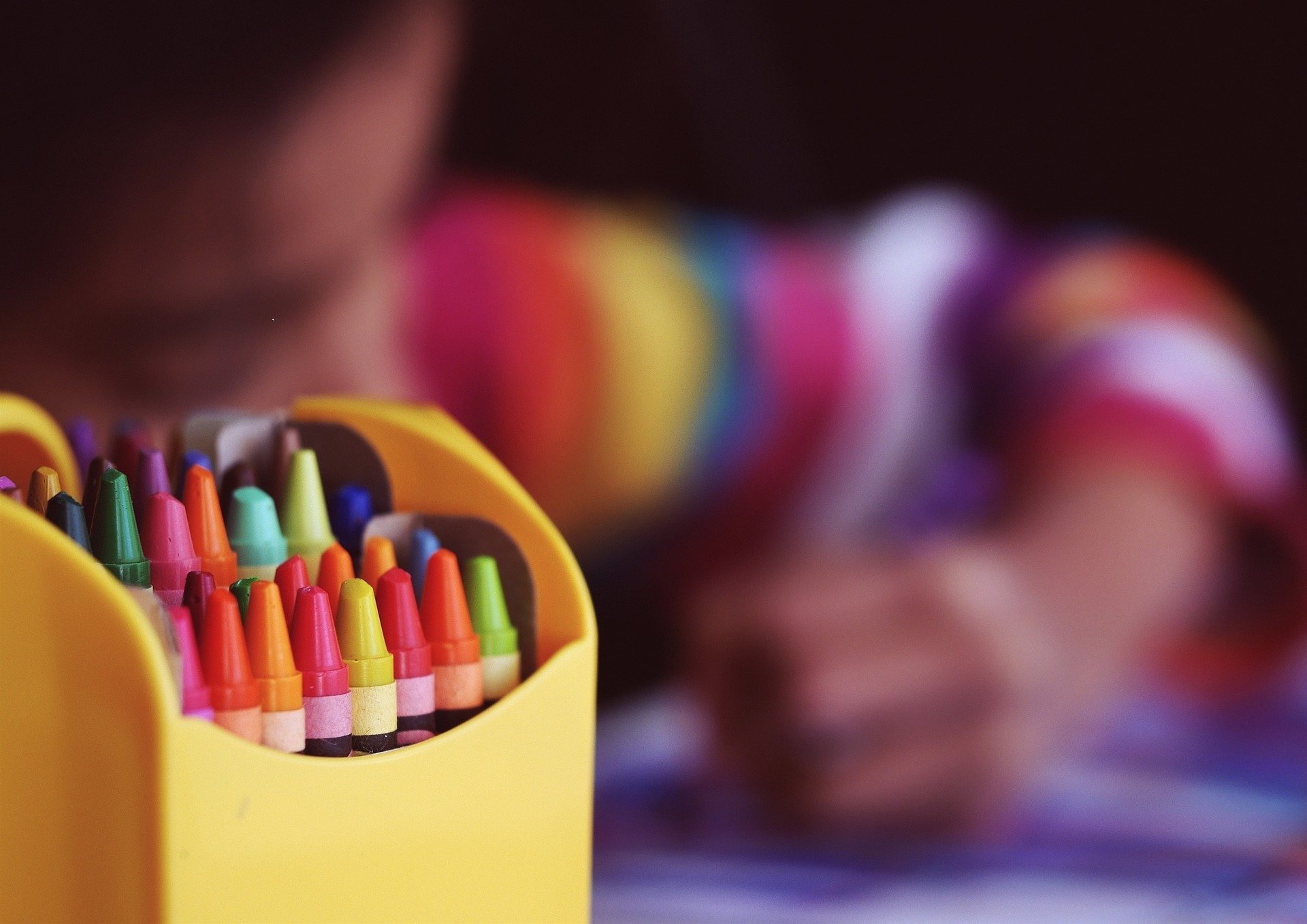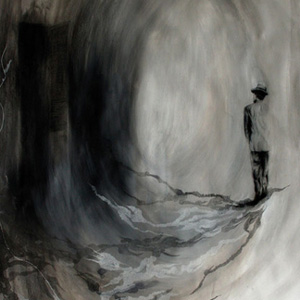
Since the Unregistered Schools Team was established in 2016, over a hundred suspected illegal faith schools have been inspected in England. In April of last year, Ofsted estimated that up to 6,000 children were being taught at the unregistered establishments it had inspected, but that this was likely “the tip of the iceberg”. Many schools were described as being in an appalling condition, with exposed wires, rat traps and open sewers all mentioned. So, what’s going on here? Why are we letting so many of our children be deprived of a broad education, and allowing them to be put at risk in unsafe conditions?
Humanists UK has led the national campaign to crack down on illegal faith schools, pointing to loopholes in the law that allow many of these establishments to claim they are not schools at all. Providers get away with this fudge by saying that their establishments are purely places of religious instruction, or that they provide supplementary education for pupils educated at home. Often this claim is based on the number of hours students spend in class.
Now a government consultation, which had been delayed due to Covid-19, is open again, with hopes that its findings will help to close these loopholes, making it more difficult for illegal faith schools to operate. The consultation concerns all independent schools. More than 2,300 are registered in England. They are diverse in size, ethos and approach. The proposed changes include widening the range of educational settings that must register with the education department, defining the meaning of “full-time”, changing the way appeals are heard, and revising the system for approving “material changes” to the registered details of these institutions.This may sound overly technical, but these changes to the law could make it easier to inspect and close schools. It could also help prosecute the providers and prevent the hiring of unqualified and unvetted staff.
The government seems to be taking the problem seriously, but it hasn’t acted swiftly enough, and the pandemic is further slowing change. We need to tackle this issue, and not only to protect individual children, who should be receiving a balanced education rather than reading religious texts for long hours of the day. Narrow curricula, and the fundamentalist or extreme outlook that can result from such limited education, also fuel a much larger societal problem. This is an issue that cuts to the heart of how we raise the next generation.
This piece is a preview from the Witness section of New Humanist winter 2020. Subscribe today.

